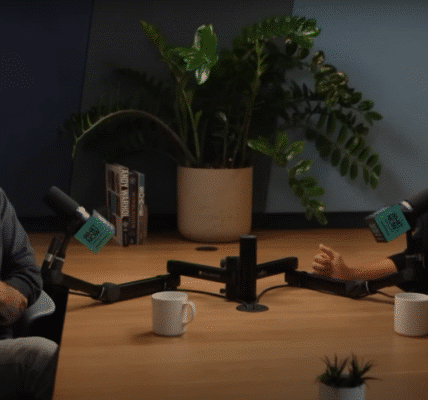Spiral Out, Hit the Wall

In the field of recovery, comedian and podcast host extraordinaire Marc Maron, with decades of sobriety in the can, might be the king of this particular narrative genre.
There are experiences which can help a person renounce or recover from a substance; and then, there are life events that will set anyone back. For Maron, this happened a few years ago. He had been a guy for whom relationships never quite worked out, until he finally finally finally connected with the right person, filmmaker Lynn Shelton. They had a brief time together before her sudden and unexpected death. Maron was no stranger to psychiatric therapy, but what probably helped him at least as much was his audience — which he describes as “not a demographic, more of a disposition.”
He kept the podcast fans up to date on the progression of his grief process, reporting to them on what he was doing with her belongings, and similar matters that become very important after a death. He could vent feelings whenever necessary, to a huge crowd who genuinely cared, and did its best to transmit healing energy back to him. Still, even with all that inflow of love, to refuse the attraction of substances during those first months and years of bereavement is a real victory for anyone.
A previous post cited a rehab center veteran warning a newcomer that, in many cases, addiction will just jump from one habit to another. It seems that very often the person is unable to totally escape habituation, and the best they can do is switch to a less dangerous substance. True to the all-too-familiar pattern, after many years of freedom from cocaine and alcohol, Maron got hooked on nicotine in the form of lozenges and such.
Earlier this year, he reported to the WTF Podcast listeners how he had “spiraled out” and “hit the wall again with the nicotine,” referencing the patterns that turn out to be totally predictable, as do the ways in which the addict handles them when they resurface. He speaks of the alcoholic who says, “I heard that a glass of red wine a day is probably good for you… And a week later, they’re up to a couple of bottles a day.” Maron says,
I get to a point where it just becomes clear as day what addiction looks like… If you have it, you have it. And if you don’t have it for one thing you have it for another. And if you quit one thing, it’ll find its way somewhere else. It’s amazing what the addictive brain will do to rationalize…
The addictive brain argues that nicotine helps it to be more active. The rational brain steps in to point out that you’re sweating and taking “weird nauseous naps.” The rational brain quits coffee; and the addictive brain promises that two cups of Irish tea with assam will set you up for the day. Eventually, the beleaguered human realizes that withdrawal is no longer physical, but mental. Maron says,
Whenever you self-medicate with, even if it’s exercise or food, when you stop it then the dam breaks and everything that you’ve been keeping at bay emotionally, it comes right up. And then you’ve gotta decide what to do with it.
Maron has made TV shows and movies and standup and podcast hosting and late-night talk show guesting. Nowadays, he tends toward acting, and is good at it. But there is always a downside, and in this profession it is the mental discomfiture of hanging around for an unspecified amount of time, waiting to step onto the set and be somebody else.
For a creative person, the most valuable use of time, always, is to originate and polish one’s own work. It would seem that being stuck in a trailer for several uncertain hours with little else to do, would be an ideal situation. Go ahead, you writer, you painter! Get some of your own work done!
But it’s not that easy, as the sand grains trickle through the hourglass, to use just any old chunk of seemingly available time. If your writing goes well, for instance, an unpredictable interruption is like being torn away from a really exciting activity. The experience is so disagreeable that a writer might say, “You and your movie go to hell!” This would result in legal action, financial penalties, and a ruined acting career. If on the other hand, one’s own work is not going well, it is also possible to hate the acting role because it interferes with original creation.
Could there be another way to use that time to good advantage? Working out physically would not serve the purpose, because except in very specific circumstances, arriving on set in a disheveled sweat would not be appropriate. Just waking up from a nap would not suit the moment, either.
How could the precious minutes of life be made useful? You wouldn’t want to do business-related phone calls, of course. That would put you in a whole different head space. Maybe a casual chat with a friend who understands the situation? Someone who is able to keep it light, and accept an abrupt hangup. Thank your lucky star if you have one of those.
An actor can go over their lines, of course. But there might even be different schools of thought about that. Of all professions, movie acting is one of the few where everybody pretty much has to figure it out for themselves.
It must be real easy, in that trailer with no clue whether you will be called in five minutes or five hours, to wind up in a place where you figure, “A couple of tokes can’t hurt.” Or a couple of snorts. Whatever.
Written by Pat Hartman. First published June 27, 2025.
Source:
“WTF #1501,” app.podscribe.com, January 8, 2024.
Image Copyright: TheNecessaryEvil/Public Domain.




